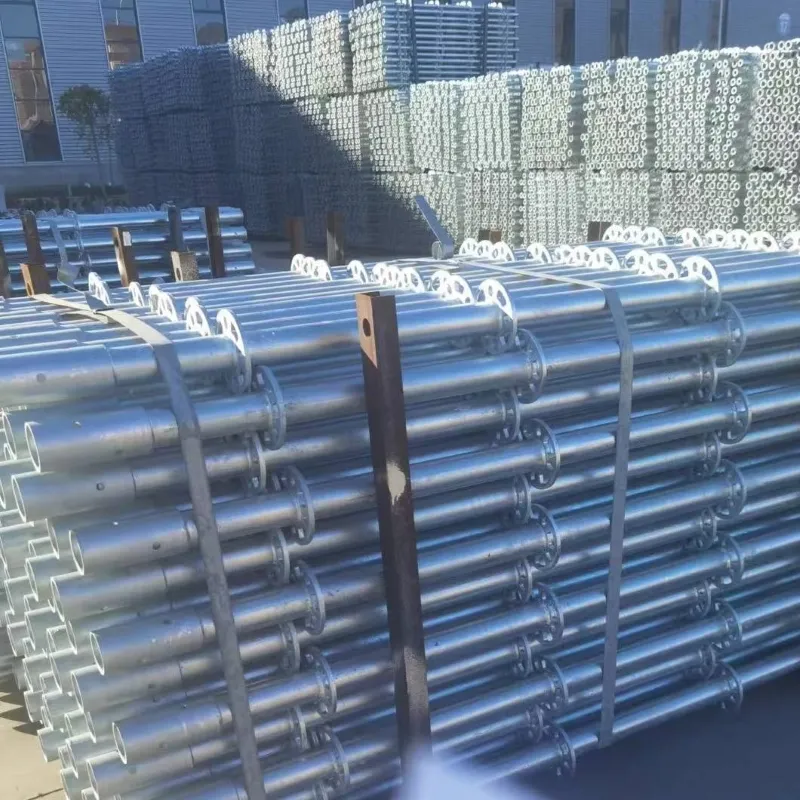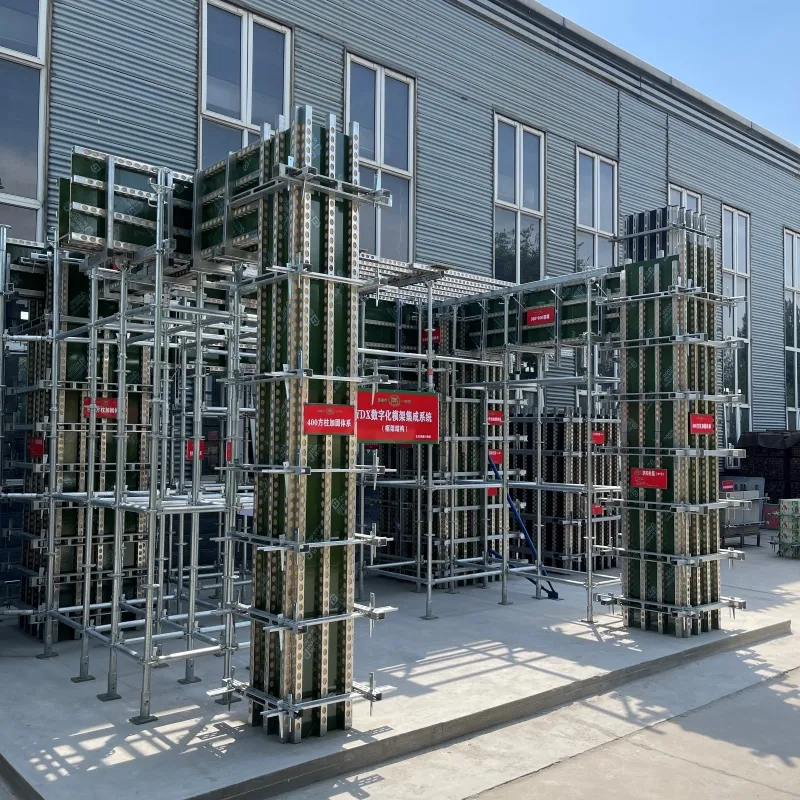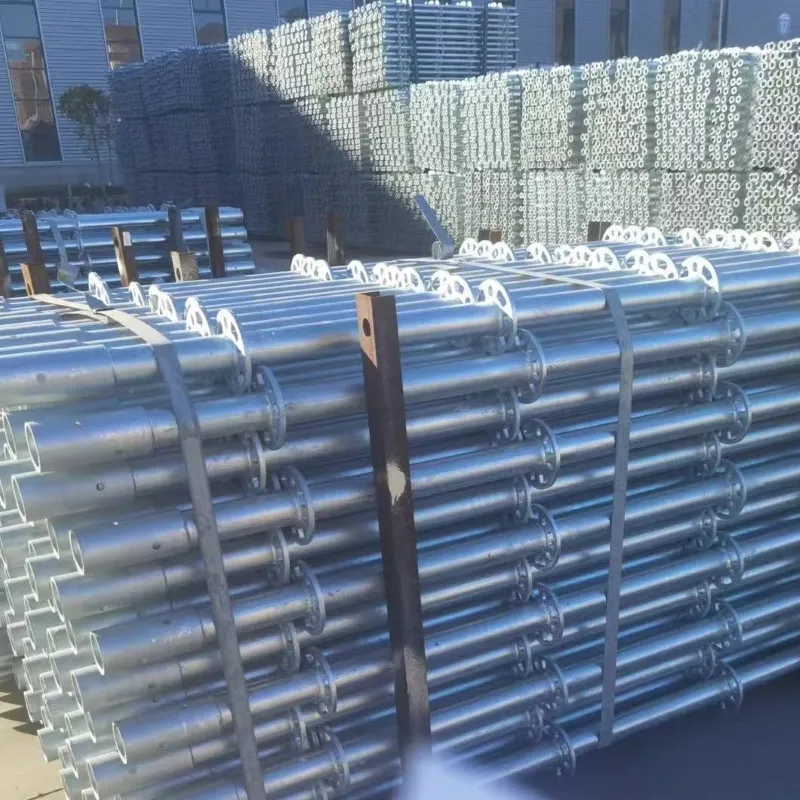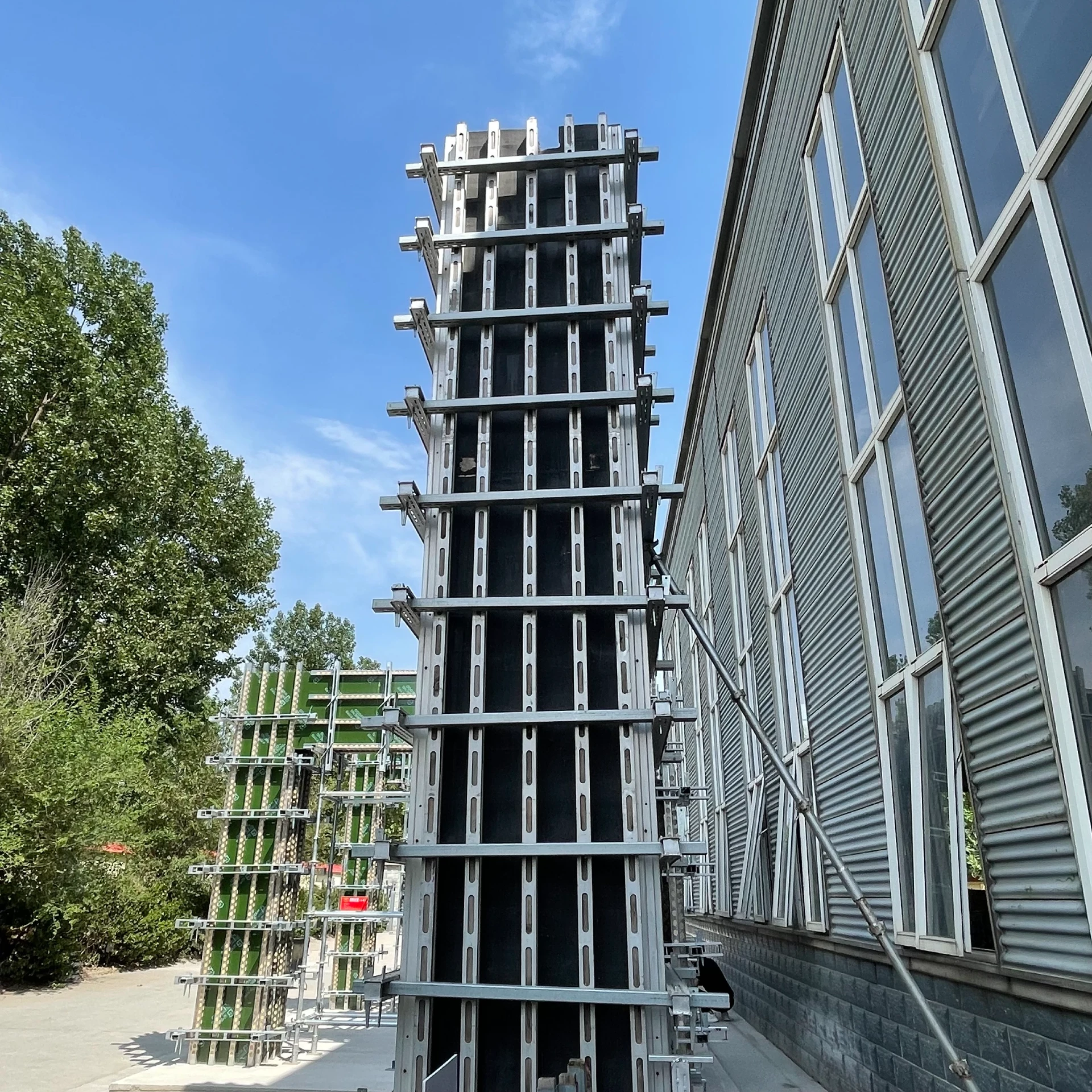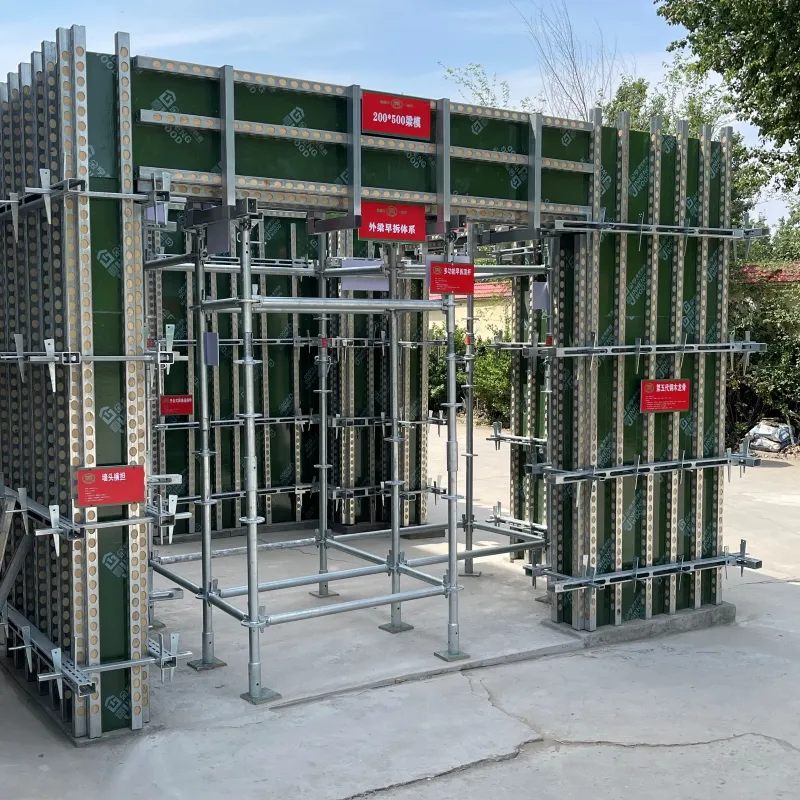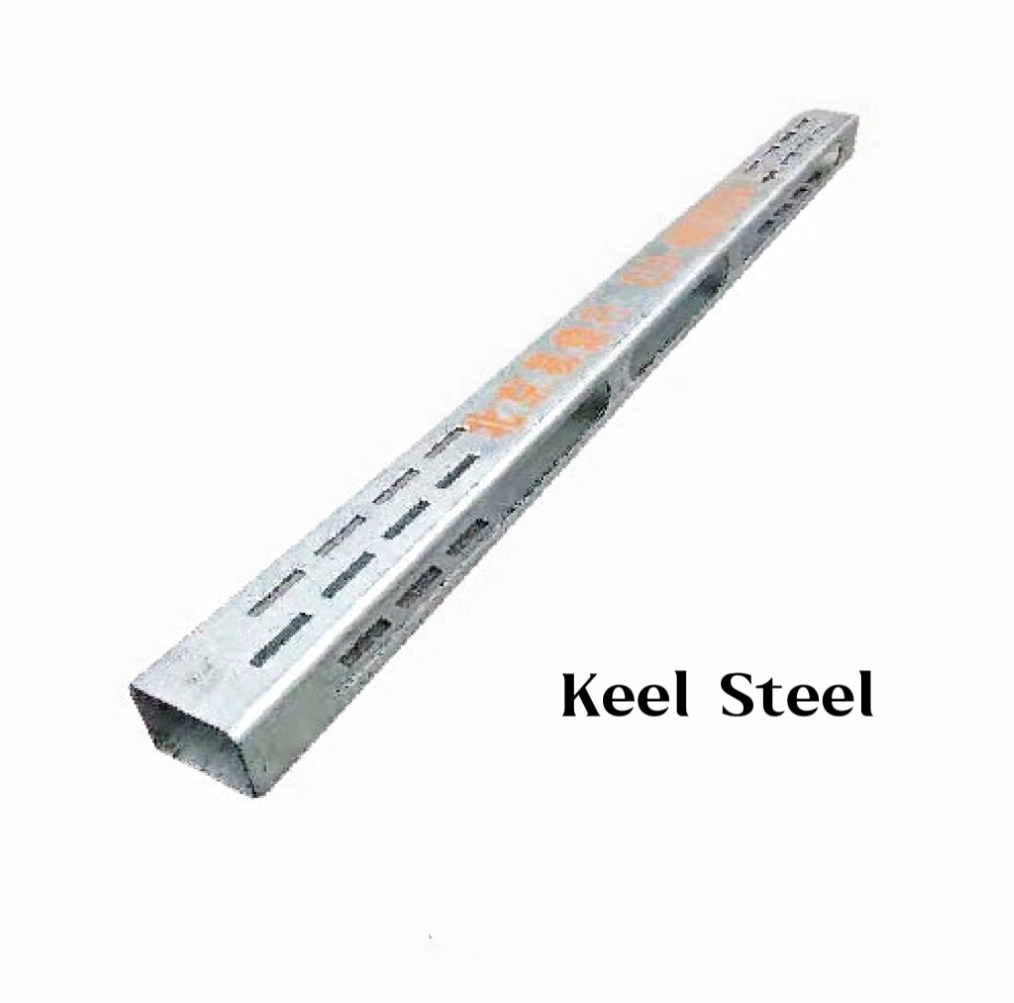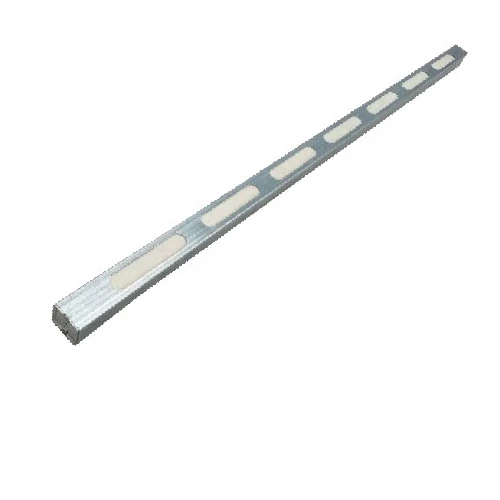
Jan . 14, 2025 10:59
Back to list
scaffolding frames for sale
Flat slab formwork systems have revolutionized the construction industry by bringing efficiency and precision to the development of both commercial and residential buildings. These systems streamline the construction process, allowing for quicker assembly and reduced on-site labor costs. With years of experience in construction, builders and engineers have found flat slab formwork to be a versatile and reliable solution in modern architectural projects.
When it comes to trustworthiness, flat slab formwork systems boast a track record of safety and reliability. Engineers and construction firms vouch for their ability to withstand substantial loads and seismic forces, making them a prudent choice in regions prone to earthquakes. The precision manufacturing of formwork panels ensures consistent quality and performance, further boosting confidence in this construction methodology. For builders seeking to optimize their projects, selecting a well-established provider of flat slab formwork is crucial. Partnering with reputable manufacturers guarantees access to advanced technologies and industry-leading practices. These companies often offer comprehensive support, from initial design consultation through to execution, ensuring that every aspect of the formwork meets the specific needs of the project. Practical experience in using flat slab formwork reveals additional insights. Construction professionals commend the reduction in floor-to-floor cycle time and the ease of handling large panels, which contribute to smoother construction flows. Furthermore, the simplicity of the slab surface achieved through this method allows for varied architectural finishes, providing both aesthetic and functional advantages. In conclusion, flat slab formwork stands out as a cornerstone in modern construction, driving efficiency, sustainability, and safety. By investing in this formwork technology, developers not only enhance the quality of their builds but also secure a competitive edge in the construction industry. As the demand for innovative building solutions continues to grow, embracing flat slab formwork positions stakeholders to meet both current needs and future challenges effectively.

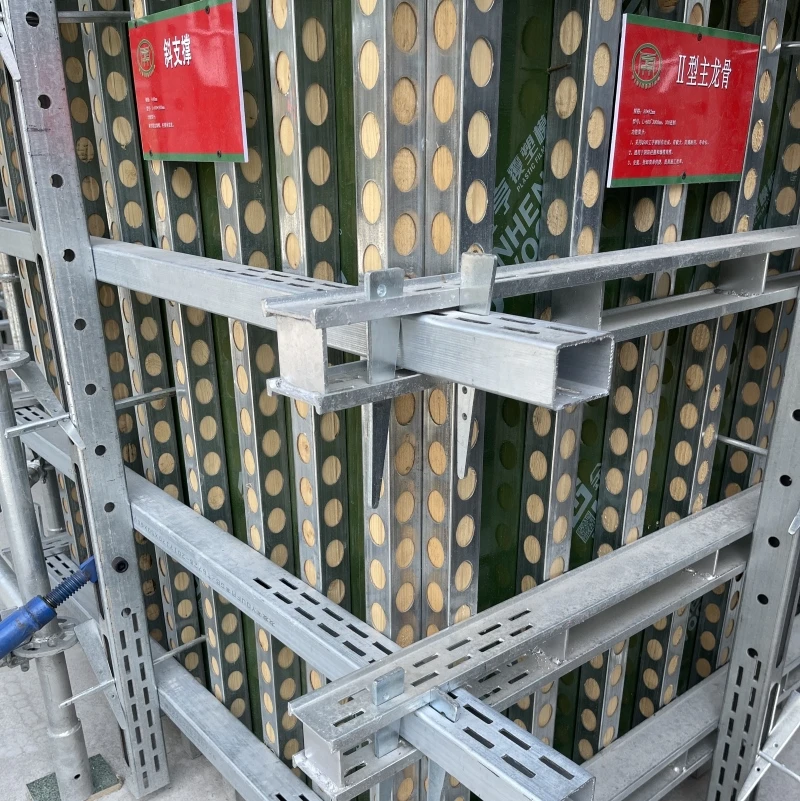
When it comes to trustworthiness, flat slab formwork systems boast a track record of safety and reliability. Engineers and construction firms vouch for their ability to withstand substantial loads and seismic forces, making them a prudent choice in regions prone to earthquakes. The precision manufacturing of formwork panels ensures consistent quality and performance, further boosting confidence in this construction methodology. For builders seeking to optimize their projects, selecting a well-established provider of flat slab formwork is crucial. Partnering with reputable manufacturers guarantees access to advanced technologies and industry-leading practices. These companies often offer comprehensive support, from initial design consultation through to execution, ensuring that every aspect of the formwork meets the specific needs of the project. Practical experience in using flat slab formwork reveals additional insights. Construction professionals commend the reduction in floor-to-floor cycle time and the ease of handling large panels, which contribute to smoother construction flows. Furthermore, the simplicity of the slab surface achieved through this method allows for varied architectural finishes, providing both aesthetic and functional advantages. In conclusion, flat slab formwork stands out as a cornerstone in modern construction, driving efficiency, sustainability, and safety. By investing in this formwork technology, developers not only enhance the quality of their builds but also secure a competitive edge in the construction industry. As the demand for innovative building solutions continues to grow, embracing flat slab formwork positions stakeholders to meet both current needs and future challenges effectively.
Share
Latest news
-
The Impact of Weather Conditions on Scaffold Platform PerformanceNewsAug.01,2025
-
The Fundamental Role of Steel Keel in Building StructuresNewsAug.01,2025
-
The Advantages of Aluminium Scaffolding for Sale in the Construction MarketNewsAug.01,2025
-
Supply Chain Optimization in Joist Reinforcement Plate ProductionNewsAug.01,2025
-
Material Grades and Their Significance in Column Rebar SelectionNewsAug.01,2025
-
How to Select the Right Timber Steel for Structural ApplicationsNewsAug.01,2025
-
The Importance of Reinforcement Bar in ConstructionNewsJul.11,2025
Related Products




